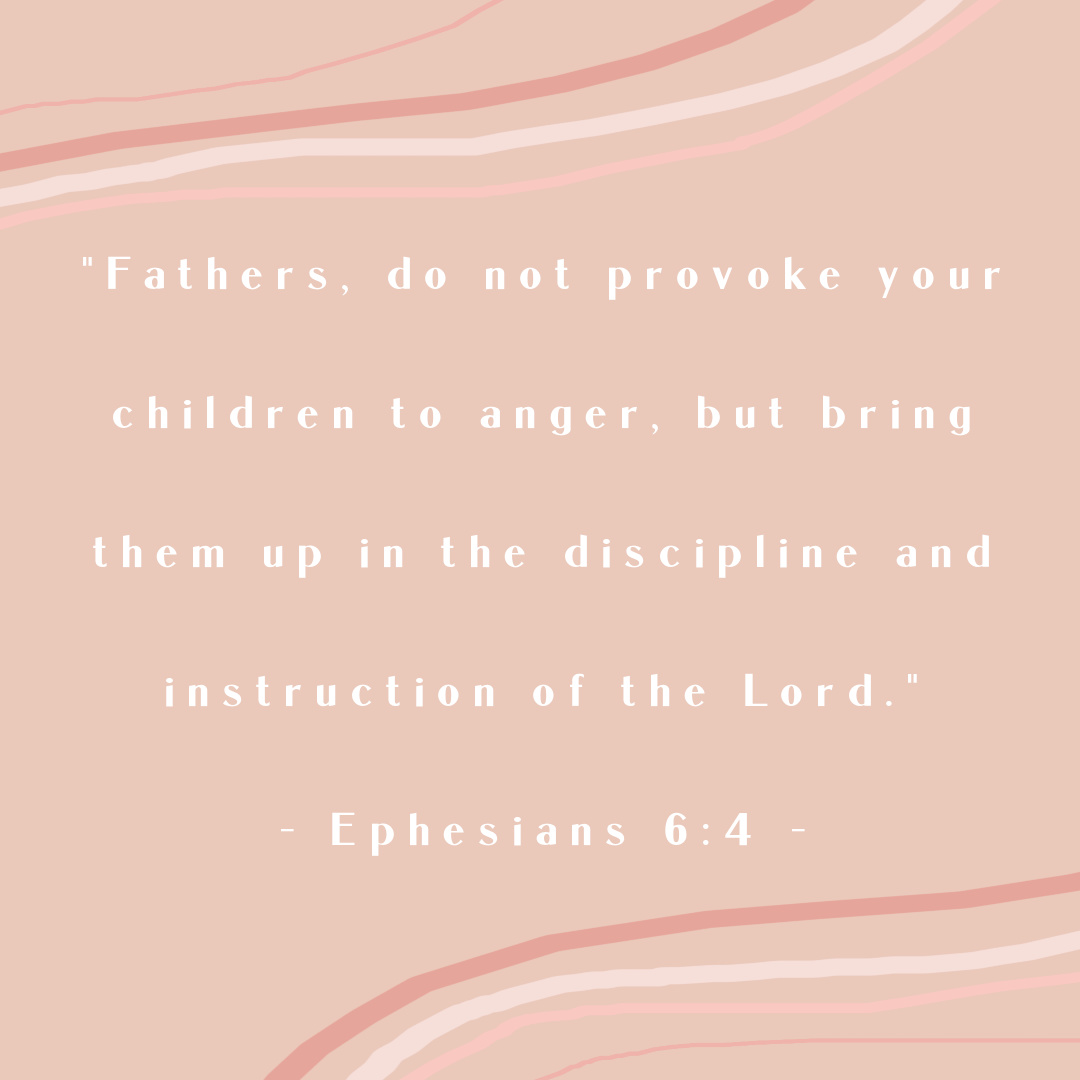The Bible describes King David as a man after God’s own heart: “But God removed Saul and replaced him with David, a man about whom God said, ‘I have found David son of Jesse, a man after my own heart. He will do everything I want him to do'” (Acts 13:22, NLT). We are given a window into David’s God-like heart throughout the book of Psalms, in which David expresses a passion for the Lord, a love for God’s Word and His Law, gratitude for God’s provision, and a deep desire to do the Lord’s will. We also see David’s faith modeled through obedience, such as when he fearlessly killed Goliath and when he honored Saul’s kingship before his own ascendance to the throne. And we regularly witness David’s pursuit of holiness and his grief over his personal shortcomings: whenever he sinned (which was often), David demonstrated true remorse and repentance.
But David was not a perfect man, and in my most recent read through the books of the Bible that examine David’s life, I was struck by his flaws and, specifically, his truly terrible parenting. Throughout his life David made some disastrous parenting decisions. In 2 Samuel 13, we read how David (unknowingly) participated in the rape of his daughter Tamar by her half-brother, Amnon. David was furious over Amnon’s actions but, confusing permissiveness for love, did nothing to address or correct his son’s misbehavior. Later, David’s son Absolom avenged the rape of his sister Tamar by murdering Amnon, then fled to live with his grandfather, the king of Geshur. Absolom was David’s favorite son, but David did not pursue Absolom or seek restoration. David paid for his failure to either discipline or reconnect with his son when Absolom rebelled against his father and launched a coup against him that caused David to flee from Jerusalem. And this unchecked rebellion repeated itself when another of David’s sons, Adonijah, also attempted to usurp the throne. David loved his sons, but his absence in their lives, his blatant favoritism, and his unwillingness to address their sinfulness resulted in rampant evil and destruction within his household.

We see plenty more examples of good men acting as poor fathers in the Bible: Isaac showed favoritism towards his son Esau, creating animosity between Esau and his brother Jacob; Jacob then repeated the sin of favoritism by showing preference towards Joseph, which resulted in Joseph’s brothers selling him into slavery; the priest Eli raised two sons who were widely known as “worthless men” who repeatedly violated the Law and defiled the temple. Each of these men did great things for God, but their poor parenting had devastating repercussions within their families.
Sadly, we continue to see this pattern today. Too many well-known pastors, evangelists, and missionaries have become so consumed with doing big things for God that they’ve neglected to care for the souls within their own homes. I recently came across a heartbreaking story about the great evangelist Billy Graham from a Washington Post article (February 21, 2018), published shortly after his death:
When their first child, Virginia, was born in 1945, Billy was away on a preaching trip. As Graham’s crusades took him throughout the world, little was left for Ruth and the children … Once, when Ruth brought Anne to a crusade and let her surprise her father while he was talking on the telephone, he started at the toddler with a blank look, not recognizing his own daughter. In a turnabout a few years later, young Franklin greeted his father’s homecoming from a crusade with a puzzled “Who’s he?”
That’s not to say that every great man of God is a negligent father! I’ve personally known many men who are doing great things for the Kingdom while also being attentive, loving dads who prioritize fatherhood and have raised wonderful children. But countless cautionary fatherhood tales are an important reminder that faulty humans cannot be our ultimate source of wisdom and guidance for any behavior, including parenting. Nor can we expect earthly fathers—even the good ones—to get it right every time.
It can feel disheartening to acknowledge that every single earthly father will eventually fail us. How encouraging to think that these flawed individuals highlight the flaw-LESSNESS of our Heavenly Father, the only Dad in Scripture (and in eternity) who gets 100% on his Fatherhood Report Card. Unlike Eli, who failed to discipline his sons’ sinful behavior, the Lord gently corrects us when we miss the mark. Our Heavenly Father does not show favoritism like Issac or Jacob; in contrast to those bad dads, the Lord deeply loves all of His children—so much so that He sacrificed His son so that we may be reconciled to Him. God does not let us run from him, like Absolom fled from David; instead, He pursues us when we are far from Him (as seen in the parable of the lost sheep) and welcomes us into His arms despite our brokenness (modeled beautifully in the parable of the prodigal son).

In contrast to the great men who are lousy fathers, our Lord is a good and great God. . . and also an amazing Dad! We celebrate Father’s Day this Sunday and I hope that you, like me, have an amazing dad (or father figure) to celebrate. But whether your experience with your own dad and the dads around you is stellar or mediocre or downright disastrous, we can ALL celebrate within the loving embrace of our sovereign, compassionate, superior, idyllic Heavenly Dad.